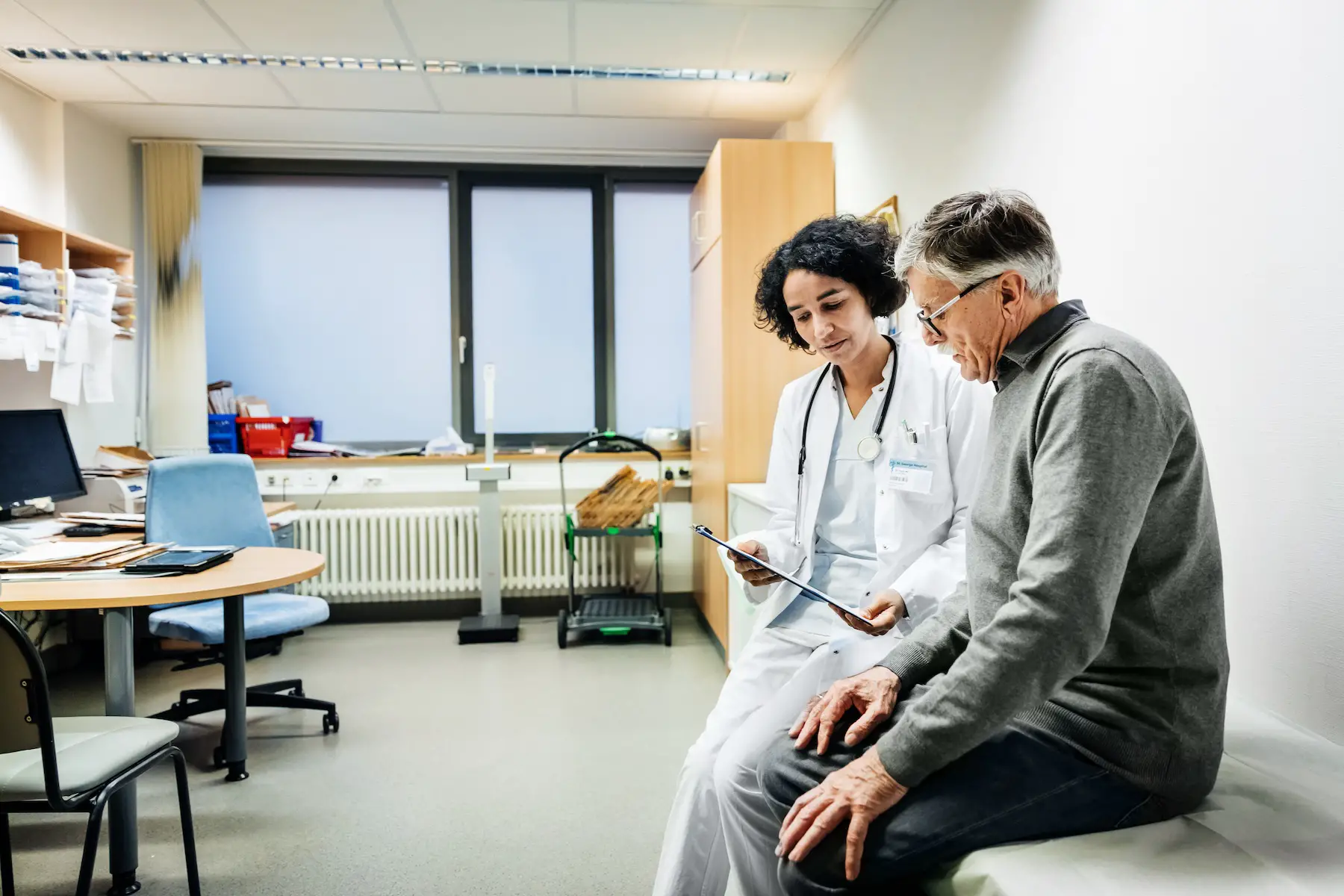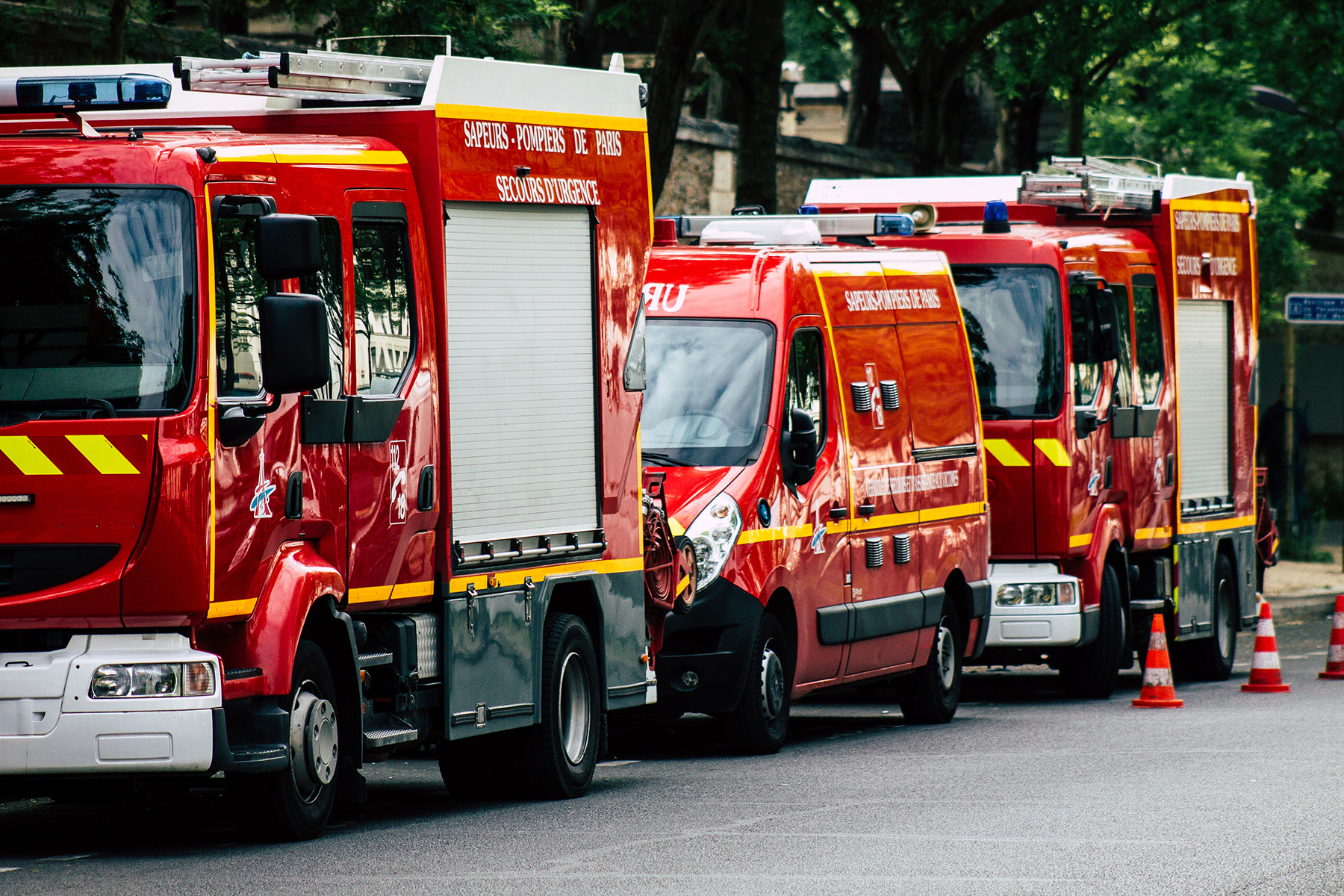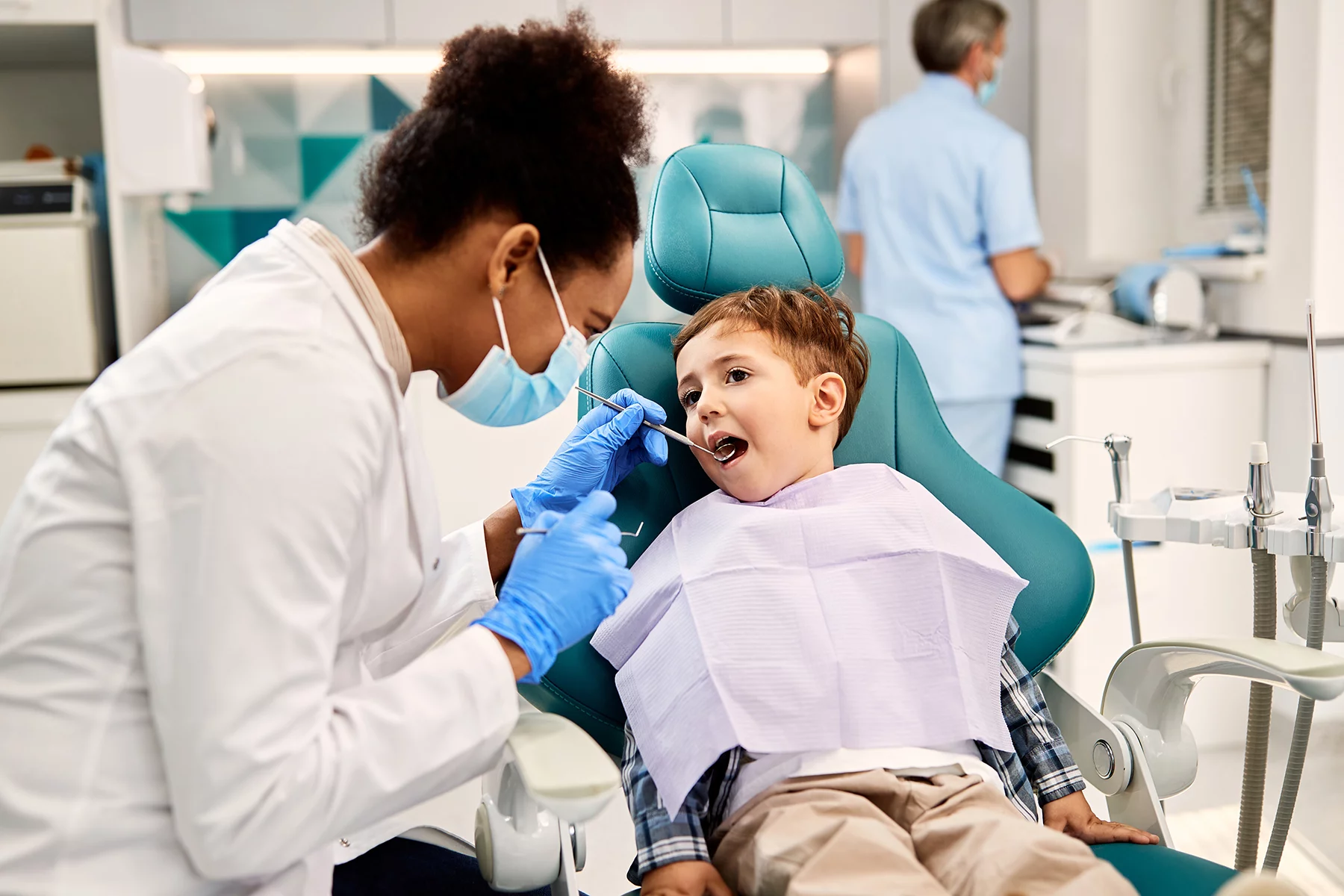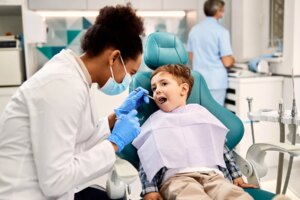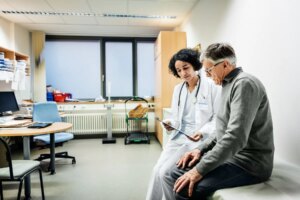France doesn’t leave much to chance when it comes to children’s health. From the first ultrasound to the last teen checkup, the public healthcare system offers great support for parents and their growing families, often free at the point of care.
Here’s what you need to know:
Cigna Global
Enjoy peace of mind while living in France with Cigna Global’s long-term international health insurance plans (12+ months). Get tailored coverage, direct billing with many providers, complex case management, and global care on demand, with access to a network of 1.5+ million doctors, specialists, and therapists.
Children’s healthcare in France
The French healthcare system offers broad and universal coverage of medical treatment, including for children. During pregnancy, regular check-ups are covered by statutory health insurance, including basic screenings and three ultrasound exams.
From birth, children receive regular checkups, including routine health and development reviews, screenings, and vaccinations. These mandatory examinations (suivi médical de l’enfant) continue through early childhood and late adolescence.

Family doctors, or GPs (médecin traitant), are usually your first port of call for medical concerns. They can provide treatment directly or refer your child to a pediatrician or specialist when needed.
Departments (départements) and regional health agencies (Agences régionales de santé – ARS) also offer a range of maternal and child health services, including parenting support, mental health resources, and early intervention for developmental or behavioral concerns. While the structure and delivery of these services can vary between areas, they generally follow national frameworks set by the Ministry of Health (Ministère de la Santé) and relevant child welfare legislation.
Is healthcare free for children in France?
Yes, healthcare for children in France is free, as long as their parents or guardians have signed up for Universal Health Protection (UHC – Protection Universelle Maladie – PUMA) or coverage through a private health insurer (mutuelle).
In the public system, families don’t pay any additional monthly premiums or deductibles for their kids. Once the child turns 18, they must take out their own health insurance and start paying the associated fees. If the family relies on private health insurance, their child’s policy may come with extra fees.
Insurers providing global healthcare coverage in France include:
If you’re unsure which family health insurance policy is right for you, you can use a comparison website to quickly check your options.
Doctor classifications: Sector 1, 2, and non-convetionné
Healthcare providers in France charge fees depending on their classification. For example, public doctors charge the fixed fee as determined by the government; they are classed as secteur 1. Some bill a little bit more (secteur 2), while others are not contracted by the state (non-convetionné) and can ask whatever fee they feel like.

When you take your child to see a sector 1 doctor, you’ll get fully reimbursed for the fees. However, if you go to a sector 3 doctor, the fees are partially covered. In that case, it is wise to take out private insurance to cover part of these additional costs.
For more information on doctor classifications and reimbursement rates, read our article on French health insurance.
Financial support for children’s healthcare costs
Public healthcare in France is linked to social security. Although parents don’t pay extra fees for their children, they do have to pay their own insurance contributions based on their income. These can be quite costly; in 2025, the contribution rate for employees is 7–13% of the gross income.
Low-income families can apply for family allowances (allocations familiales) and other child benefits, depending on the number of children, their ages, and total household income. In 2024, monthly payments ranged from €33 to €135+ per child, with higher rates for larger families or older children.
Parents with (almost) no income also have automatic access to the solidarity health supplement (complémentaire santé solidarité), which covers any remaining healthcare costs like copayments and hospitalization fees.
And if you can’t work because you’re caring for a critically ill, injured, or disabled child, the state provides a daily allowance of €65.80 per day. This benefit is known as the allocation journalière de présence parentale (AJPP) and is available for 22 days per month, up to a maximum of three years.
You can learn more about family benefits and allowances by reading our article on childcare in France.
How to access children’s healthcare in France
After signing up for social security or taking out private health insurance, you can register your child with a local GP or pediatrician (pédiatre). France has a bit of a shortage of pediatricians, and it’s more common to find one in urban areas. If you can register with a pediatrician, they generally provide care until the child is about 6 or 7 years old. After that, the care is transferred to a GP.

GPs handle basic medical complaints, conduct routine tests, and coordinate follow-up treatments until the child reaches the age of 18. If need be, they can refer you to a specialist.
There are also local Maternal and Child Protection centers (Protection Maternelle et Infantile – PMI) that offer additional social and healthcare support for pregnant women and children up to the age of six. While their services and medical teams vary greatly from region to region, they typically include on-site pediatricians, midwives, and/or gynecologists.
For medical issues outside regular opening hours, you can contact the French Medical Advice Line at 116 117. These will connect you with a GP on call (médecin de garde) in your area. The service SOS Médecins (36 24 from a French phone) also offers 24/7 access to house calls, in-clinic consultations, and telemedicine appointments.
How to get treatment as a non-resident in France
Our article on French health insurance covers the topic in more detail, but as a quick summary:
- Temporary visitors from the EU and EFTA (Iceland, Liechtenstein, Norway, and Switzerland), including children, can use their European Health Insurance Card (EHIC) to access healthcare in France
- UK nationals can access healthcare through their Global Health Insurance Card (GHIC)
- Citizens from elsewhere must take out a short-term international health insurance policy to cover their stay in France
- Expat residents have a three-month coverage gap, meaning they pay public health insurance (i.e., social security contributions) but are also liable for any medical fees. In that case, additional private insurance may be beneficial.
For non-life-threatening injuries (like a bump to the head, but your child is conscious and alert), you can call a local GP. Even if you aren’t a resident, many doctors allow short-term visitors to ask for medical advice or schedule an appointment. Alternatively, you can contact the French Medical Advice Line (116 117) or SOS Médecins.
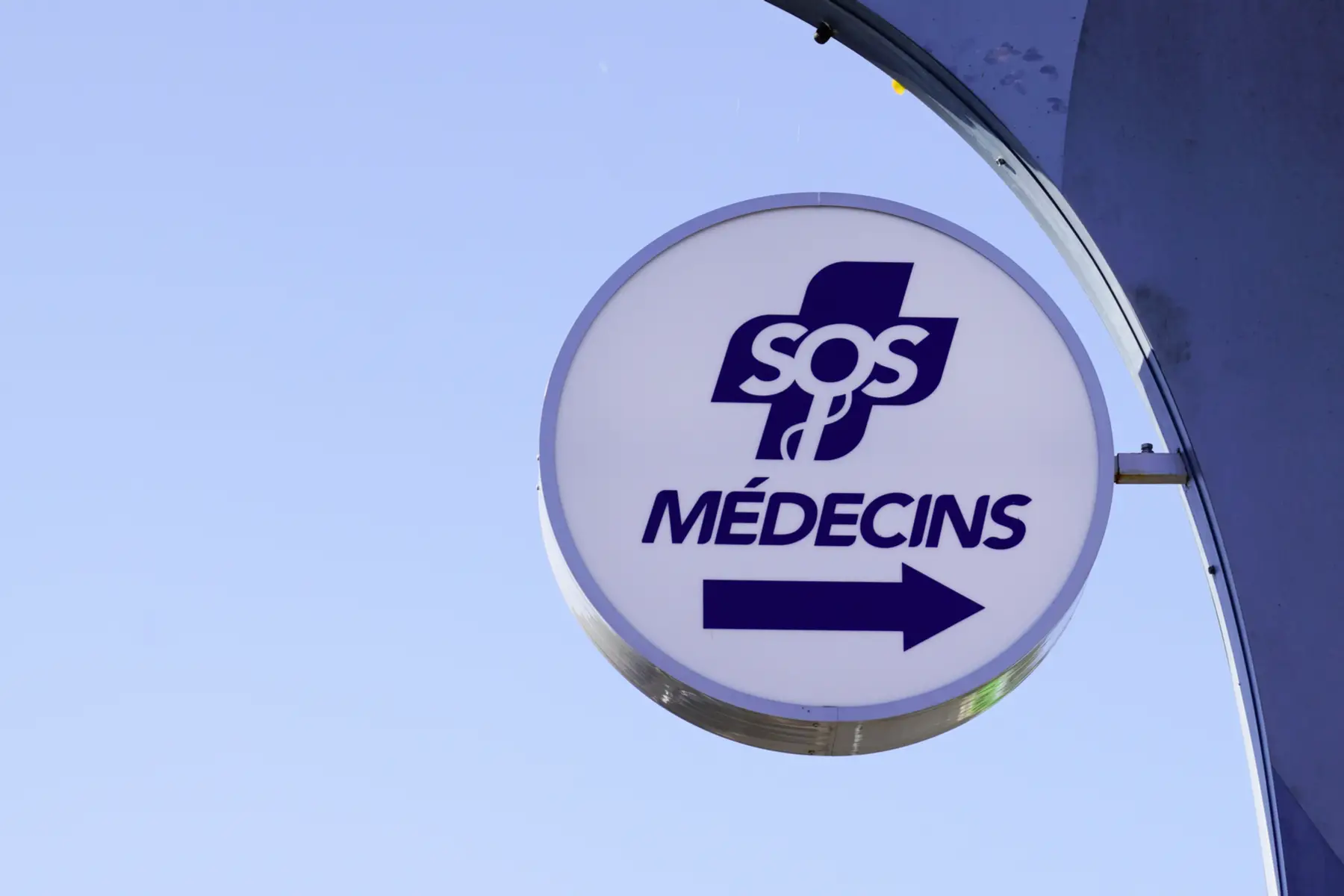
In life-threatening emergencies (e.g., your child bumped their head and is unconscious or vomiting), call 15 or 112 for an ambulance. The EMTs can assess the situation and take you to the nearest hospital emergency room.
Non-resident patients must pay any costs upfront and claim reimbursement afterward through their EHIC/GHIC or travel insurance. Ambulance rides may or may not be covered by your insurance, so it’s wise to check this beforehand. Without coverage, you can expect to pay €140–380+, depending on the distance and care provided. Of course, this tariff does not apply to air medical evacuations; those can cost tens of thousands of euros if not covered by insurance.
Overview of children’s doctors in France
Pediatricians and specialists in France
In France, GPs can treat common healthcare complaints, including those of children and adolescents. In urban areas, it’s also common to see a pediatrician. If you or your child’s doctor notices anything irregular, they may refer you to a specialist. These doctors typically work in hospitals or other health centers, depending on their specialty.
Patients don’t need a referral to see a specialist. However, parents are still advised to consult their family doctor first, so their child’s medical situation can be identified more easily. Public health insurance also covers up to 70% more with a referral.
You can find pediatricians and specialists listed on the government’s healthcare portal, Ameli.
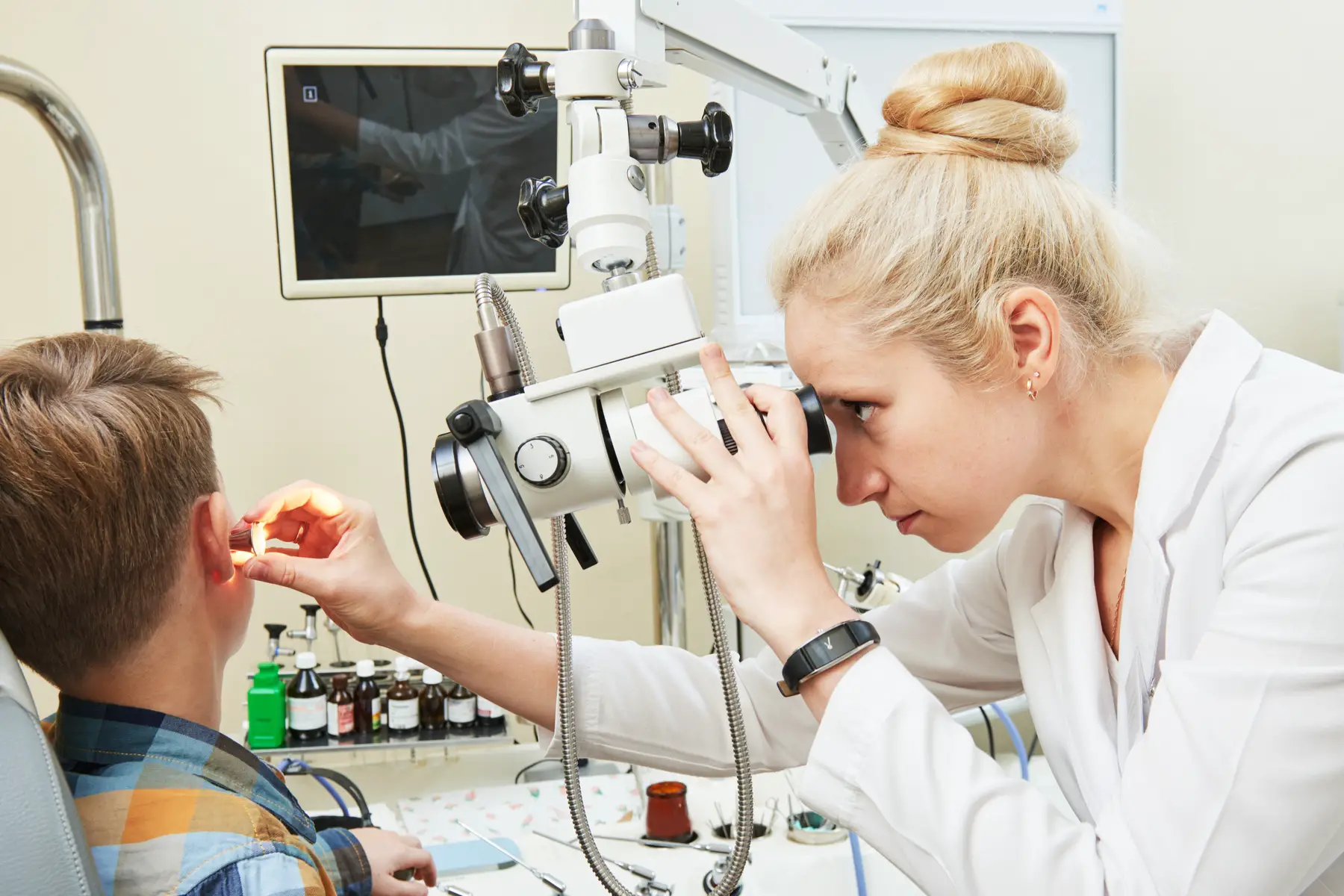
Children’s hospitals in France
Most hospitals in France – just over 2,975 in 2022 – have dedicated pediatric units. The country also has several specialist children’s hospitals, including:
- Pellegrin Hospital Group in Bordeaux
- Hôpital Jeanne de Flandre in Lille
- Hôpital Femme Mère Enfant in Lyon
- Hôpital Saint Joseph in Marseille
- Hôpital Femme-Enfant-Adolescent in Nantes
- Hôpitaux pédiatriques de Nice in Nice
- Hôpital Armand-Trousseau in Paris
- Hôpital Necker Enfants Malades in Paris
- Hôpital Robert-Debré in Paris
- Hôpital Sud in Rennes
- Hôpital des Enfants in Toulouse
- Hôpital pédiatrique Clocheville in Tours
Pediatric hospitals are specially equipped to treat young patients. They have pediatric specialists, child-friendly facilities, and staff trained to care for everything from minor injuries to complex conditions in babies, kids, and teens.
Regardless of the treatment, children’s hospital care is free. If your child is staying overnight and you want to stay nearby, you may be eligible for a discounted rate at a Ronald McDonald House.
The SPARADRAP Association for sick children provides more information, including a list of French healthcare vocabulary, to help parents and children cope with hospitalization.
What treatments are available for children in France?
Children in France have access to a wide range of healthcare treatments, including the following:
Preventative health programs for children
Like we said earlier, French children receive regular check-ups throughout childhood and late adolescence. These mandatory examinations are free and are designed to monitor your child’s growth and development, and provide any necessary vaccinations.

Examinations for babies and toddlers are available at local health centers (cabinet médical), PMI centers, and nurseries. There are 10 appointments during the first year and six between the ages of 1 and 5.
During these visits, you’ll likely receive the following:
- Routine health checks, including the heel prick test for newborns, sight and hearing tests, and growth monitoring
- Parenting advice, including recommendations for the child’s emotional well-being
- Childhood vaccinations
Results will be recorded in the child’s health record (carnet de santé de l’enfant), including family history, vaccinations, and clinical findings.
After your child starts school, there may be another four pediatric appointments through the School Health Service (Service de santé scolaire). These focus on aspects like emotional well-being, sexual health, and mental health. Between the ages of 11 and 16, part of the consultation can be conducted without the parents’ presence.
Vaccinations for children in France
Children receive free vaccinations against 14 infectious diseases, including measles, mumps, rubella, diphtheria, whooping cough, polio, and hepatitis B. Most of these are mandatory for children born after 1 January 2018, excluding those against human Papillomavirus (HPV) infections and the rotavirus.
France has one of the higher vaccination rates among European countries, with around 96.1% of children having had their childhood vaccinations (2023).
Once your child is registered with a GP or pediatrician, you will automatically receive an invitation to participate in the vaccination program. If your child began their immunizations outside of France, ask your doctor for advice on how to bring their record in line with the national vaccination program.
For more information on vaccines and the national vaccination schedule, visit our guide to vaccinations in France.
Children’s dental care in France
Children receive free basic dental care until the age of 18, including yearly check-ups (free until age 24), fillings, fluoride treatments, and tooth extractions. Basic health insurance does not cover braces; parents will need to take out private dental insurance or face large out-of-pocket costs.
Like with GPs, parents are free to choose any dental practice they want. However, most people choose to stick with one close-by home for practicality and familiarity.
Mental healthcare for children and teens
Children and young people struggling with their mental health can access support (pédopsychiatrie) through public services, like PMI, Réseau d’Aide aux Enfants en Difficultés (RASED), and the Mon Soutien Psy program. Students also get 12 free consultations with psychologists.

Support is offered through a wide range of mental health professionals, such as nurses, therapists, counsellors, psychologists, psychiatrists, social workers, and others. These are trained to support young people with emotional, behavioral, or developmental challenges.
Young people who need someone to talk to confidentially can also contact free helplines such as Fil Santé Jeunes (0800 235 236) or Child Helpline International (116 111).
If you’re worried about your child’s mental health, your GP is usually the first person to consult. They can assess your child’s needs and refer you to a specialist. It’s also possible to see a private psychologist or therapist directly, though private sessions are typically not reimbursed by public insurance.
Useful resources
- Le Cleiss – official government website with information about the French healthcare and social security system
- Ameli – government’s e-portal that explains more about children’s healthcare and lists all doctors and pediatricians in France
- SPARADRAP – non-profit association that offers support to families with critically ill children





